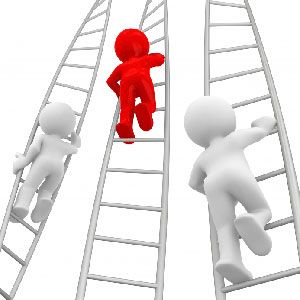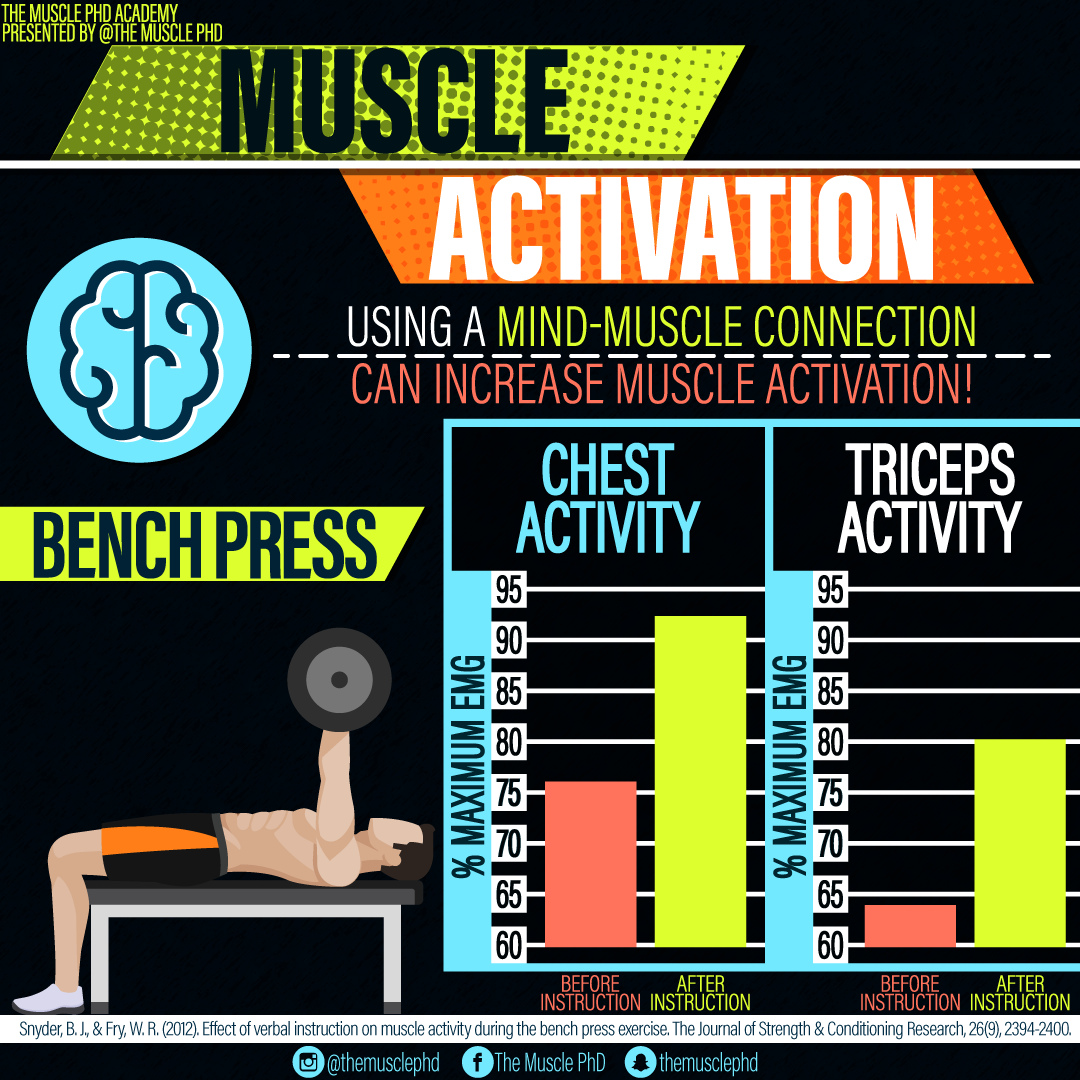Competing in strength sports such as powerlifting, weightlifting, or strongman can be an exhilarating experience. However, it is not without its fair share of stress and pressure. Athletes at all levels often face intense competition stress that can negatively impact their performance and overall well-being. In this article, we will explore effective strategies to cope with competition stress in strength sports, allowing athletes to reach their full potential while maintaining mental and emotional balance.
Understanding Competition Stress
Competition stress is a natural response to the pressure and high stakes of a sporting event. In strength sports, athletes face the added challenge of physical demands and the weight of expectations. From the fear of failure to the pressure of performing at one's best, competition stress can manifest in various ways, including increased heart rate, muscle tension, and decreased focus.
Developing Mental Resilience
Building mental resilience is crucial in managing competition stress. One effective tool is visualization, where athletes mentally rehearse their performance in vivid detail, focusing on success and positive outcomes. Another technique is positive self-talk, replacing negative thoughts with empowering affirmations. By creating a strong mental foundation, athletes can better handle the stress that comes with competition.
Establishing a Supportive Network
Having a support system in place is vital for athletes dealing with competition stress. Surrounding oneself with understanding family, friends, coaches, and teammates can provide emotional support, encouragement, and practical advice. Sharing experiences, seeking guidance, or simply venting frustrations can alleviate stress and provide perspective during challenging times.
Adopting Effective Time Management
Time management plays a crucial role in combating competition stress. Procrastination can lead to mounting pressure and negatively impact performance. Creating a structured training and competition schedule helps athletes prioritize and allocate time effectively, reducing last-minute stress. Adequate rest and recovery are also essential components of time management, as they allow the body and mind to recharge and perform optimally.
Utilizing Relaxation Techniques
Relaxation techniques such as deep breathing exercises, meditation, and progressive muscle relaxation can help athletes combat stress and induce a state of calmness. Implementing these practices regularly, especially during the competition preparation phase, can contribute to improved focus, reduced anxiety, and overall well-being. Additionally, incorporating hobbies and leisure activities outside of training can provide a much-needed mental break and serve as a stress outlet.
Setting Realistic Goals
Setting realistic goals is essential in managing competition stress. While aiming high is commendable, unrealistic expectations can create unnecessary pressure and hinder performance. Athletes should set achievable short-term and long-term goals in consultation with their coaches, taking into account their current abilities, past performance, and developmental trajectory. This approach fosters a positive mindset, allowing athletes to progress steadily and reduce stress-related barriers.
Seeking Professional Support
For athletes struggling to cope with competition stress on their own, seeking professional support is highly encouraged. Sports psychologists specialize in helping athletes manage stress, improve mental toughness, and enhance performance. These professionals can provide personalized strategies tailored to an athlete's specific needs, guiding them through difficult periods and optimizing their mental and emotional well-being.
Conclusion
Coping with competition stress in strength sports requires a multifaceted approach that encompasses mental resilience, social support, effective time management, relaxation techniques, goal setting, and professional guidance when needed. By implementing these strategies, athletes can navigate the challenges of competition with greater ease and achieve their full potential, both on and off the field. Remember, competition stress is a natural part of the journey, but with the right tools and support, athletes can rise above it and thrive.



